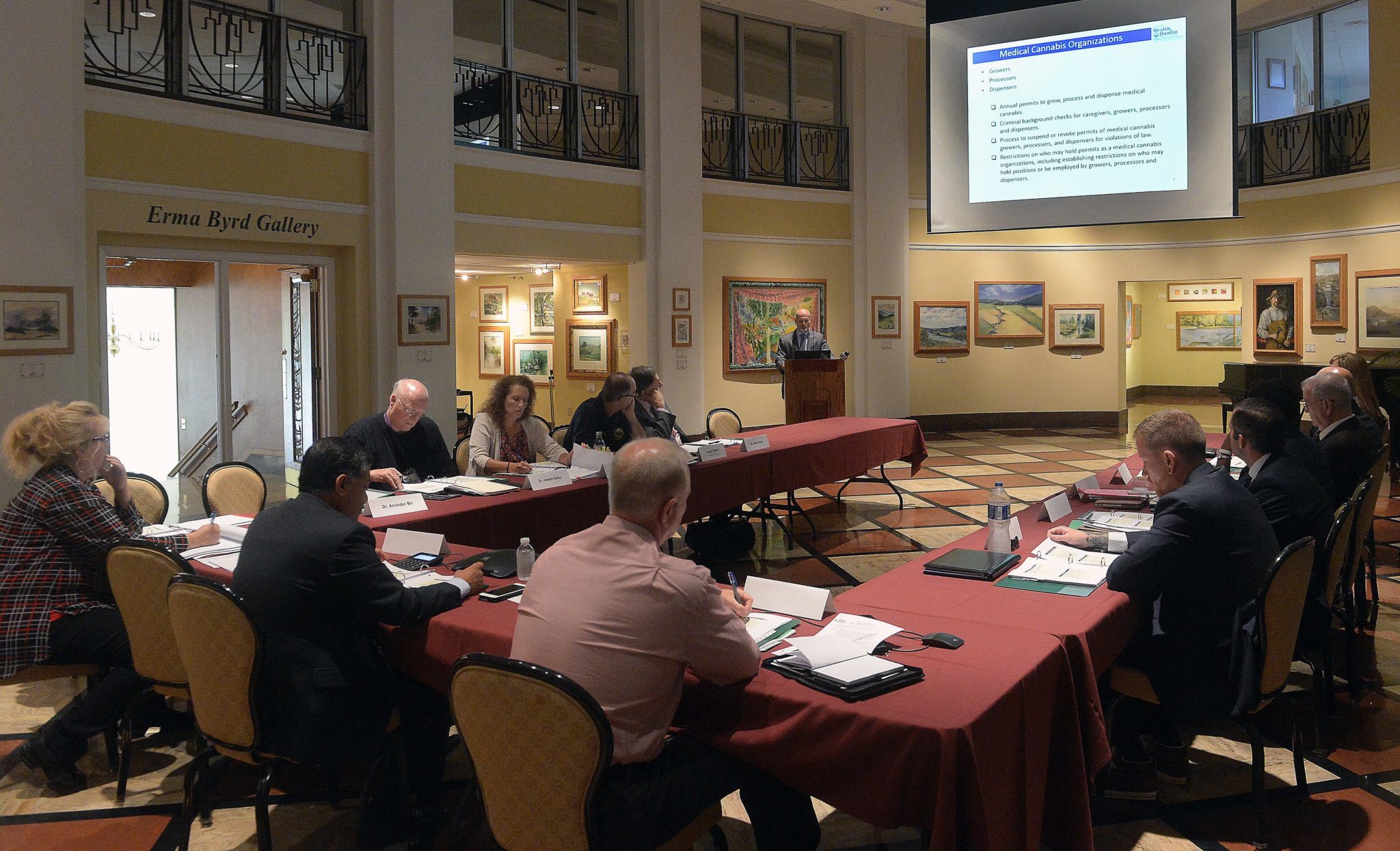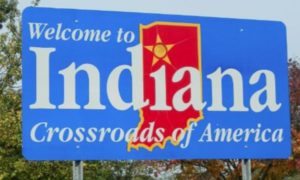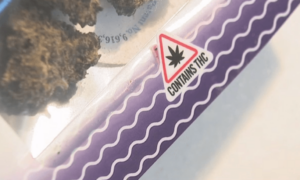For all of the work lawmakers and West Virginia residents put into making the West Virginia Medical Cannabis Act of 2017 a reality, there still is a magnitude of work left for state officials to lay the foundation for the medical marijuana industry in the Mountain State.
That much was evident Wednesday during the first meeting of the West Virginia Medical Cannabis Advisory Board, in the Erma Ora Byrd Gallery at the University of Charleston, where the 13 members of the board worked to get a better understanding about how their collective role is defined in cultivating the industry.
One of the biggest challenges for the board will be doing this work without any funding defined for the West Virginia Office of Medical Cannabis until 2019, when revenue should come in the form of a 10 percent tax on growers and processors of medical marijuana.
“There’s a lot of work that has to be done,” said Dr. Rahul Gupta, state health officer and the commissioner for the West Virginia Bureau of Public Health. “It’s not a switch we turn on July 1, 2019. There’s a tremendous amount of work that goes into standing up this program. The best thing is, we’ve got a great team and excellent board who is ready to roll up their sleeves and get to work.”
Wednesday’s meeting included presentations from Barb Taylor, deputy commissioner of health, and Brian Skinner, general counsel for the Bureau of Public Health. During the public comments portion of the meeting, Delegate Mike Pushkin, D-Kanawha, was invited to speak, and he also gave recommendations to the board based on a medical marijuana conference he and other lawmakers recently attended in Colorado.
Among those recommendations was to use emergency rule-making authority to allow the permit process to begin before July 2019, to generate revenue to support the operation of the medical cannabis office.
“We’re the 29th state now to have it, so there’s no reason to re-invent the wheel,” Pushkin said. “There are 28 other states to look at. What we saw in Colorado — they learned a lot from their mistakes, so we can learn from their mistakes.”
Taylor talked about setting up the administrative structure of the office, which is under the wing of the Bureau of Public Health. Aside from the director position, Taylor said it is unclear how many people would be needed to provide the services assigned to the office.
Skinner reviewed the provisions of the Medical Cannabis Act, including the health conditions for which it can be prescribed and the forms in which it would be legal to consume it. West Virginians cannot legally consume medical marijuana in plant form, per the provisions of the law.
The duties of the board members are to review state law about medical marijuana and analyze laws and events pertaining to medical marijuana industries in other states. The board also is to accept and review written comments from West Virginians and organizations about medical marijuana.
According to Skinner’s presentation, each year, the board is to compile a report to the governor and the Legislature that includes its recommendations regarding physicians, conditions for which medical marijuana can be prescribed, what forms it can be prescribed in and whether more growers, processors, and dispensaries will be needed.
It also is to review ways to ensure affordable patient access to medical marijuana and whether to permit medical marijuana to be consumed in plant form, via vapor, according to the law.
Board members agreed to establish subcommittees to lay the groundwork for their medical marijuana industry permitting, training and “seed to sale” systems, to track cultivation and distribution of medical marijuana.
The law allows for up to 10 permits to be available for growers and processors. Growers are limited to two growing locations per permit. Up to 30 dispensaries will be permitted in the state, but no more than five dispensaries can be located in one dispensary region. Board members will be responsible for drawing those dispensary regions.
Those businesses also will be subject to some less-talked-about provisions of the bill, which require county commissions and county health bureaus to provide written approval for each medical marijuana grower, processor and dispensary seeking to do business in their counties. Members of a county commission have the authority to prohibit medical marijuana business in their counties, and medical marijuana businesses are subject to local zoning laws.
Skinner also said, if a person lives in a county where medical marijuana activity is prohibited, they can go to another county to pick up their prescription.
The board’s next meeting will take place at 1 p.m. Oct. 11, at the same UC location.
Link – WV Gazette Mail





































